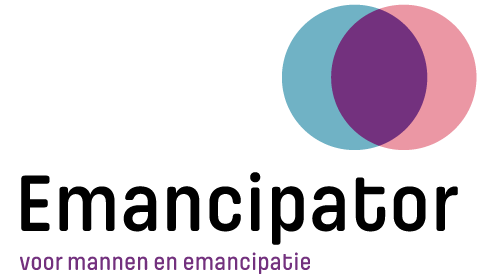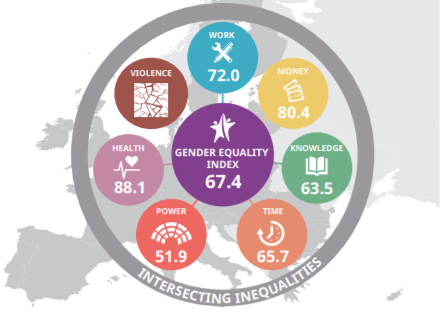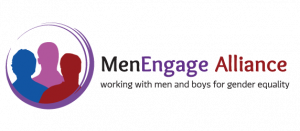MenEngage at the Gender Equality Index Conference 2019
On October 15, the new Gender Equality Index was presented at a conference in Brussels. The biannual index provides data on gender equality in EU countries on six topics: work, money, knowledge, time, power, health, violence and, working through and overarching all those, intersecting inequalities. In every edition, countries are scored between 0 and 100 on all these topics, and thus the progress of gender equality in the EU is made visible.
Find all graphs and figures here.
In 2019, the special focus of the Index and the conference was work-life balance, analyzing the opportunities of men and women regarding parental leave, access to and use of child and other care services, transport and commute, and flexible work arrangements.
At the conference we were happy to hear many people on stage calling for the involvement of men and masculinities in treating these issues, and for solutions targeted at the root of the problems we are facing – for instance in city planning and public transport, where we do of course need to protect women and lgbtqia+ people from harassment but even more pressingly need to address the origin of men’s violence.
Furthermore, it has been made clear that equality need not always be reached by making women change their ways to adjust to men’s standards and situations. This not only goes for the glass ceiling, but also, for instance, in the gendered division of daily commute, with men travelling by car more often and women using more public transport. This needs not necessarily be cured by encouraging more women to travel by car: when taking other issues into account, in this case the climate crisis, the wiser choice would be to encourage men to use public transport.
From this year on, an Index will be presented every year, so in a year we will hopefully receive more data on the situation of lgbtqia+ people and Roma and Muslim women, among others. We sure hope that the call for thorough transformation of gender norms and stereotypes, men’s active involvement in gender equality issues, and an overall intersectional approach has been heard by policy makers on all levels.






